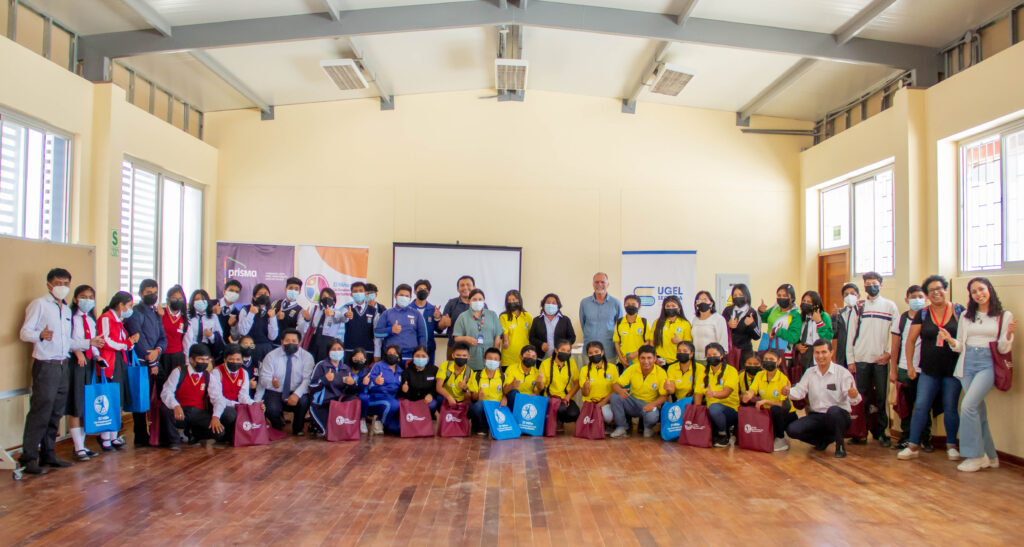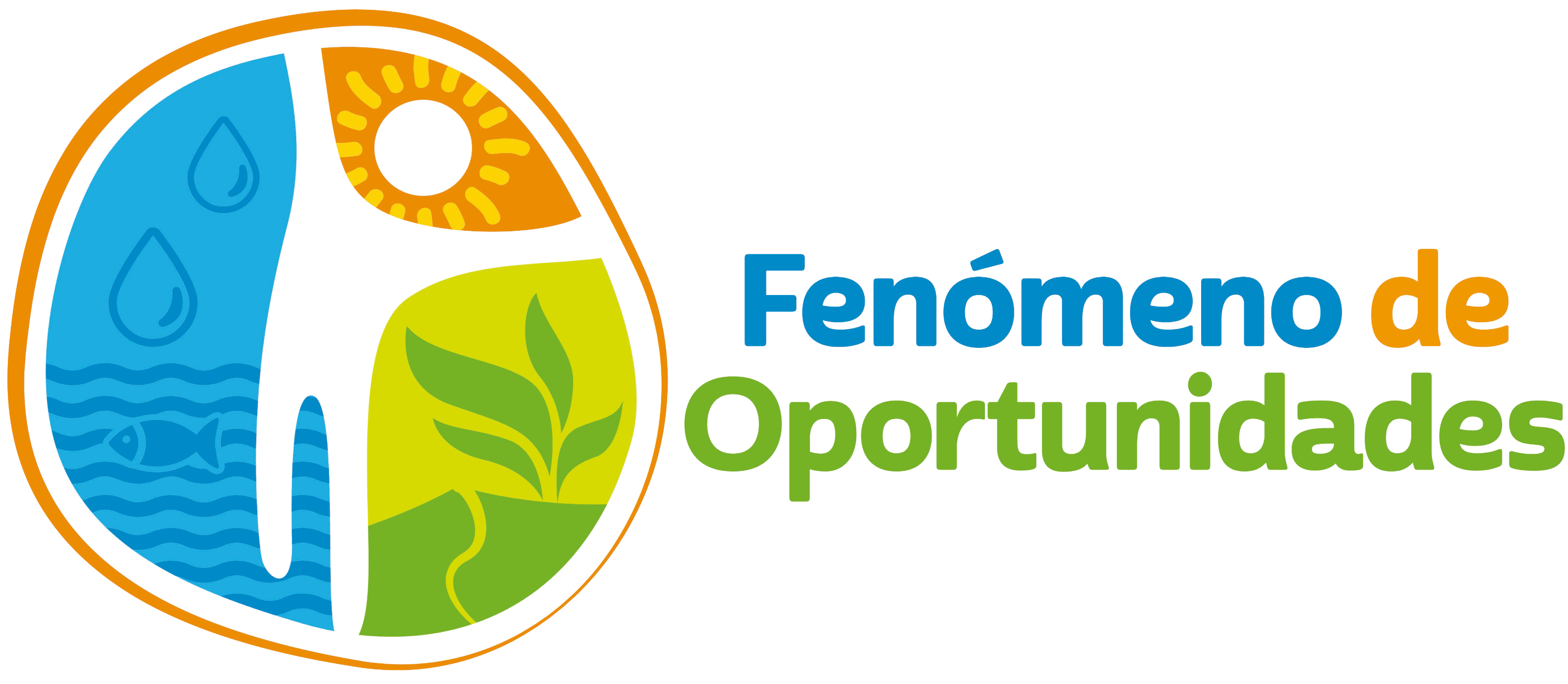Making museums productive spaces for climate adaptation
A Peruvian and Guatemalan exchange

The project looks to improve public understanding of adaptation to climate change, specifically the El Niño phenomenon, through better engagement with museums, and improved connections between schools and museums as a focal point for learning and knowledge exchange. The project supports networking between heritage personnel and disaster response experts who have the potential to be more prominent development actors through their broad knowledge of societal responses and environmental change. It provides teachers with a better understanding of the potential of museums to function as productive learning spaces and the ways that heritage can support school curricula by providing inspiring spaces for children to develop projects and spark intergenerational exchanges on experience of living with climate variability. It also demonstrates to communities the value of museums as stimulating venues for business and educational knowledge exchange and innovation. This project emerges from the growing interdisciplinary collaboration on climate change and heritage in Latin America between the Schools of Geography & Sustainable Development and Art History (Davies, Laurie, Brown). Funded since 2018 by AHRC, SARRF and SFC GCRF, the shared agenda is based on strong partnerships with Latin American colleagues and institutions, including education NGO PRISMA Peru.
Project Aim
To enhance the ability of community, museums, archaeological sites, schools and stakeholders to manage the effects of seasonal El Niño flooding, by building museum capacity as spaces that enable
climate action and network regional heritage actors towards local development.
Project Milestones
1
Interactive school workshops at the School Museum with both students and the parents association.
2
Workshops at Municipality of Sechura: ICCROM “First Aid for Cultural Heritage” Participants: Museums and Cultural Institutions Staff, Civil Protection members: Firemen, red cross, police, army, Community leaders.
3
Chusis Museum and archaeological site field course for students, teachers, museum curator.
4
Develop a blue print for production, processing and commercialization to make El Niño food-systems and livelihoods more sustainable.
Project Funded by:

